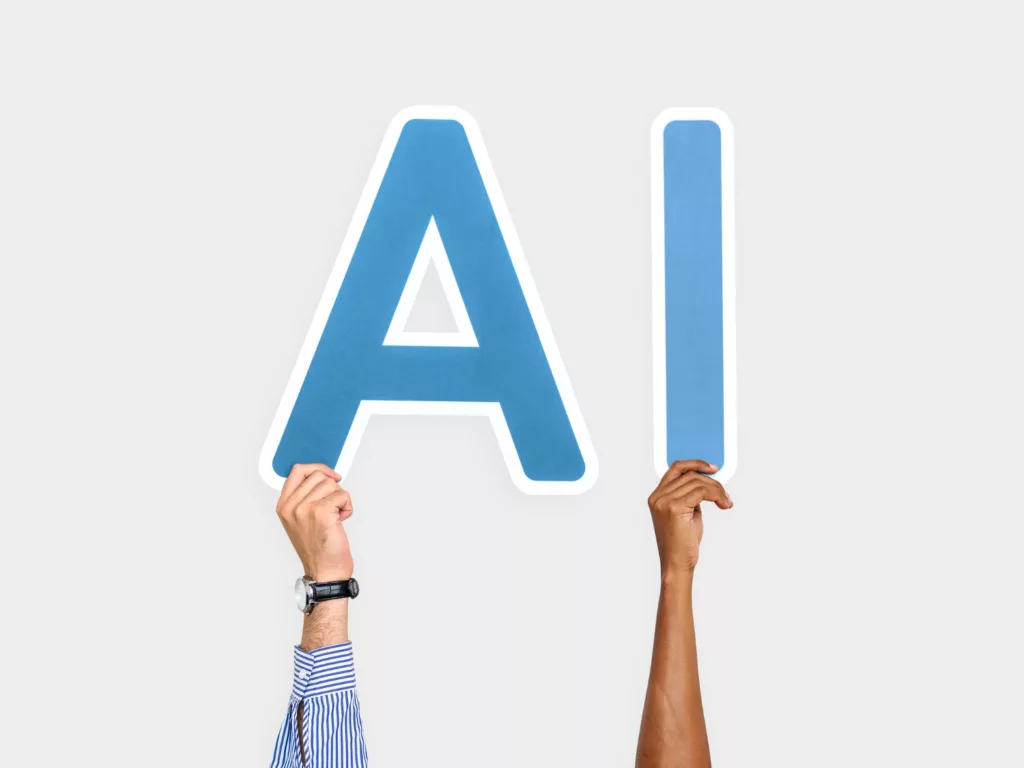In today’s fast-paced and technologically-driven world, businesses must adapt and transform to stay competitive. One of the most revolutionary technologies driving this transformation is Artificial Intelligence (AI). AI, along with its subfield Machine Learning (ML), has the potential to reshape industries, optimize processes, and unlock new opportunities for businesses worldwide. In this article, we will explore the impact of AI and ML on business transformation and delve into the future opportunities they present.
Understanding Artificial Intelligence (AI) and Machine Learning (ML)

What is Artificial Intelligence?
Artificial Intelligence refers to the simulation of human intelligence in machines that are programmed to think and learn like humans. These machines can perform tasks that typically require human intelligence, such as speech recognition, problem-solving, decision-making, and language translation.
What is Machine Learning?
Machine Learning is a subset of AI that focuses on enabling machines to learn from data and improve their performance over time without being explicitly programmed. ML algorithms allow systems to identify patterns, make predictions, and adapt their actions based on new information.
The Role of AI and ML in Driving Business Transformation
1. Enhancing Data Analysis and Insights
AI and ML technologies can analyze vast amounts of data at incredible speeds, extracting valuable insights and patterns that humans might miss. Businesses can use these insights to make data-driven decisions, identify trends, and understand customer behavior better.
2. Streamlining Business Operations
Implementing AI-powered automation can streamline various business processes, reducing manual effort and errors. This automation can optimize supply chain management, inventory control, customer service, and other essential operational aspects.
3. Personalizing Customer Experiences
AI-powered personalization can enhance customer experiences by tailoring products and services to individual preferences. This approach fosters customer loyalty and increases engagement, ultimately driving revenue growth.
4. Forecasting and Predictive Analytics
AI and ML enable businesses to make accurate forecasts and predictions, helping them anticipate market trends, demand patterns, and potential risks. This proactive approach allows companies to stay ahead of the competition and seize new opportunities.
5. Improving Product Development
By leveraging AI and ML, businesses can expedite the product development process. ML algorithms can analyze customer feedback and preferences to design and modify products that align better with market needs.
The Future of AI and ML in Business Transformation
1. Integration of AI in Everyday Devices
As AI and ML become more advanced, they will likely be integrated into everyday devices, making them smarter and more intuitive. This integration can lead to enhanced user experiences and more efficient decision-making processes.
2. AI-Driven Marketing
The future of marketing will heavily rely on AI and ML algorithms to target specific audiences, deliver personalized content, and measure campaign success in real-time. This data-driven approach will revolutionize the marketing landscape.
3. AI in Healthcare
AI’s potential impact on healthcare is immense, with applications ranging from personalized treatment plans to disease diagnosis and drug discovery. As AI continues to advance, it will contribute significantly to better patient outcomes and cost-effectiveness in healthcare.
4. AI in Finance and Banking
Financial institutions can leverage AI and ML to detect fraudulent activities, predict market trends, and assess credit risks more accurately. These technologies will enhance security measures and improve customer experiences in the financial sector.
Challenges and Ethical Considerations in AI Adoption

1. Data Privacy and Security
The widespread adoption of AI and ML raises concerns about data privacy and security. Businesses must ensure that customer data is protected and used responsibly to maintain trust and comply with regulations.
2. Bias and Fairness
AI algorithms may inadvertently perpetuate bias if they are trained on biased datasets. It is crucial for businesses to mitigate bias and ensure fairness in their AI applications to treat all users equitably.
3. Job Displacement and Workforce Reskilling
As AI automation becomes more prevalent, some jobs may be displaced. Businesses must proactively plan for reskilling and upskilling their workforce to adapt to the changing job landscape.
Conclusion
Artificial Intelligence and Machine Learning are driving business transformation across various industries. From data analysis to personalized customer experiences, the potential of AI and ML is vast and promising. Embracing these technologies will enable businesses to stay competitive, adapt to changing market dynamics, and seize new opportunities for growth and success.
Frequently Asked Questions
Answer: AI can enhance personalized customer experiences by analyzing customer data to offer tailored products and services based on individual preferences and behavior.
Answer: AI is a broader concept that refers to machines’ ability to simulate human intelligence, while ML is a subset of AI focused on machines learning from data without explicit programming.
Answer: AI-powered automation can benefit businesses by reducing manual effort, increasing efficiency, and minimizing errors in various operational processes.
Answer: The future opportunities with AI and ML include integration into everyday devices, AI-driven marketing, advancements in healthcare, and improved financial services.
Answer: AI and ML impact business transformation by enhancing data analysis, streamlining operations, personalizing customer experiences, enabling predictive analytics, and improving product development.
